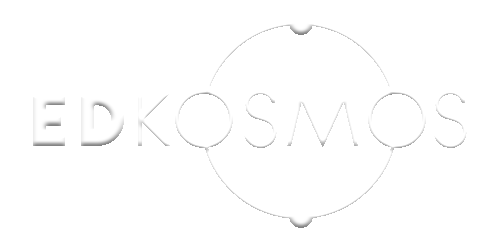Additional information
| Province | Nova Scotia |
|---|---|
| Colleges | Island Career Academy |
| Program Categories | Healthcare |
| Program Duration | 4 Weeks |
| Program Intakes | April |
| Class Type | Hybrid |
| Funding | Nova Scotia Student Assistance |
Admissions Open
| Province | Nova Scotia |
|---|---|
| Colleges | Island Career Academy |
| Program Categories | Healthcare |
| Program Duration | 4 Weeks |
| Program Intakes | April |
| Class Type | Hybrid |
| Funding | Nova Scotia Student Assistance |
Apply
Now
Continuing Care Assistant Diploma Program
Skills Development: 110 hours
Long Term Care Mentorship: 80 hours
Home Care Mentorship: 80 hours
Open Mentorship: 60 hours
Become a Continuing Care Assistant
Deliver quality, life care assistance and promote independent living within the community by assisting the elderly, the convalescent, and their families.
The Continuing Care Assistant provides assistance to individuals of all ages in home environments, long-term care facilities, and palliative care settings.
Rationale
With increased expectations for families to take on more responsibilities for each other, and along with the shift in health care to keep people in their own homes, there is a growing demand for trained individuals to provide health care services. The program?s purpose is to prepare the students to deliver quality of life and to promote independent living within the community.
Program Description
Students enrolled in this program, while under supervision, will have the opportunity to provide health care to individuals of all ages. Students will be prepared to provide health care in a private home environment, nursing home/home for the aged as well as palliative care settings. Providing care to meet the various needs of the elderly, the disabled, the convalescent, and their families is emphasized. Learning to care for the individual?s home environment, meal preparation and selected personal care procedures are also components of the program. These program requirements are governed by the Health Association of Nova Scotia.
Course of study will include the following:
Introduction to the CCA Program and the Health Care Sector
CCA Professional Development
Communication in the Care Setting
Documentation and Technology in the Care Setting
Environmental Safety
Safe Handling and Mobility
Care Setting Management
Growth and Development
Body Structure, Functions & Care Implications
Personal Care
Nutrition and Meal Preparation
Mental Health and Social Well-Being
Medication
Practicums Placements:
The Practicum Placement provides an opportunity for students to demonstrate that they are able to practice as a Continuing Care Assistant in a variety of health care settings with a variety of clients. The clients may be at any stage of the life cycle and will have various common health problems that necessitate assistance with basic activities of daily living. The students will be scheduled for and must complete 330 hours of practicum. The students, under supervision, apply in a health care setting, the knowledge, skills and attitudes that have been developed in the classroom and lab settings.
Practicum placements are conducted at four intervals within the program.
Placements:
Skills Development:110 hours
Long Term Care Mentorship: 80 hours
Home Care Mentorship: 80 hours
Open Mentorship: 60 hours
Entrance Requirements:
The entrance requirements for this program are Grade 12, GED, or minimum Wonderlic (13) cut score, and a clear Criminal Record/ Vulnerable Sector Check and a valid Nova Scotia Driver’s License.
Relevant certifications acquired during this program include:
Dementia: Understanding the Journey
Standard First Aid/CPR Level C
Food Hygiene
LEAP
Global WHMIS 2015
OH&S
Starts April & October

